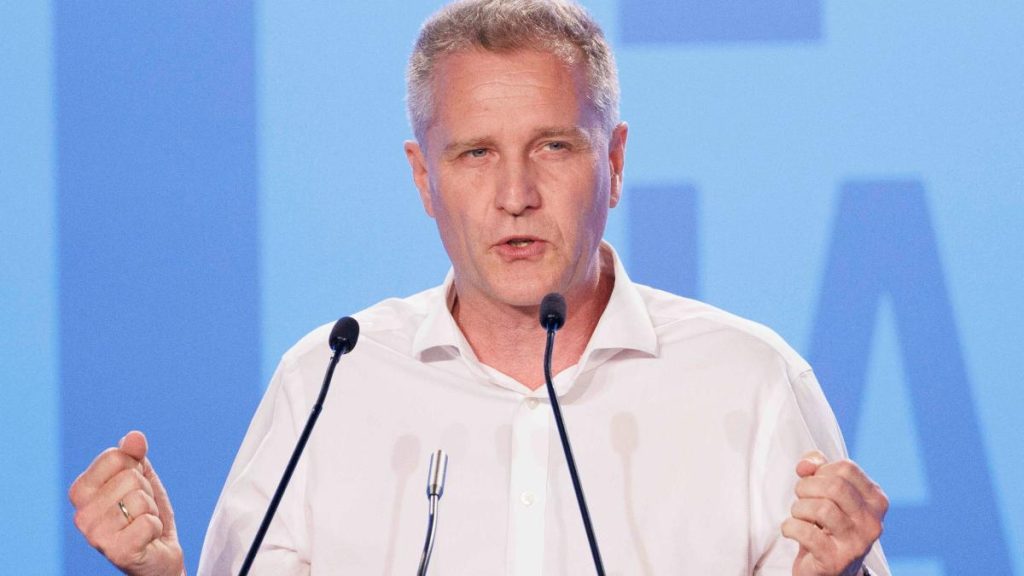Video recordings from the Czech intelligence service reportedly show AfD politician Petr Bystron receiving small packages during meetings that suggest he may have accepted money from Russia. Bystron dismissed the allegations as “old news.” The recordings also allegedly captured Bystron counting and rustling money, according to reports from Czech media outlets. Multiple intelligence services have reportedly observed Bystron’s meetings with Artem Martschewsky, the director of the Czech internet portal “Voice of Europe.”
Bystron has denied the new accusations, claiming that they are an attempt to reignite old news in order to maintain a negative campaign against the AfD leading up to the European elections. He stated that he has already addressed the allegations regarding the meetings with the pro-Russian activist and the alleged transfer of 20,000 euros. Bystron emphasized that there is no reason to continue playing into the hands of his opponents by repeating his previous statements. Russian-controlled networks are reportedly aiming to support pro-Russian candidates in the upcoming European elections, as indicated by Belgian intelligence. In March, Czechia placed the pro-Russian internet platform “Voice of Europe” on its national sanctions list following intelligence investigations, deeming it part of a Russian influence operation targeting the sovereignty and freedom of Ukraine.
The portal featured interviews with AfD politicians Bystron and Maximilian Krah, contributing to suspicions of Russian interference in European politics. Bystron has previously been linked to controversial foreign relationships and dealings, leading to heightened scrutiny. The apparent video evidence has raised concerns about potential illicit financial connections between the AfD and foreign interests. Bystron’s dismissal of the accusations as a smear campaign may not be enough to dispel the growing skepticism surrounding his ties to Russia and the true nature of his interactions with foreign entities.
The implications of these allegations extend beyond Bystron’s personal reputation, raising broader questions about the extent of foreign influence in German politics. With the European elections approaching, concerns about external interference in the democratic process have intensified. The reported meetings between Bystron and Martschewsky highlight the complex web of relationships that exist between political parties and external actors seeking to sway outcomes in their favor. The need for transparency and accountability in political dealings has become increasingly apparent in the face of these revelations.
As Bystron continues to face scrutiny and pushback against the allegations, the future of the AfD’s political credibility hangs in the balance. The party’s reputation could be further tarnished by these latest revelations, potentially impacting their performance in the upcoming elections. The public response to these allegations will likely shape the narrative surrounding the AfD and their relationships with foreign entities moving forward. The fallout from this scandal has the potential to significantly alter the political landscape in Germany and Europe, underscoring the importance of maintaining integrity and honesty in political affairs.


